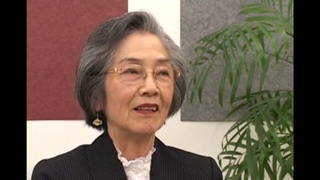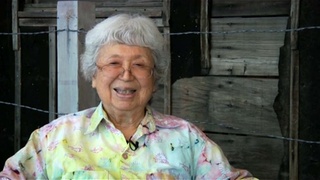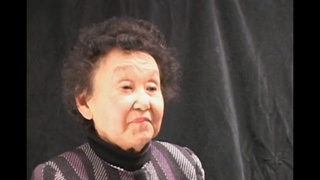Interviews
A visit to Jerome after OCS
Well yeah, I was in a brand new second lieutenant uniform and what not and they were just flabbergasted because you know, at that point in time they still had the guard towers, they were mad and they had, the search lights were coming on about that time of the evening you know, and all that. And I could see the armed soldiers and all that. And this is so early in the establishment of Jerome, they hadn’t even finished building the duck walks, you know with the old crates like they do. And so I lived in a family, they still didn’t have a wooden partition between them and the next family, they just had comma wire and blankets, you know hung up with clothes pins, see so, and I lived there 8 days, ate community mess, you know, took a shower in a community shower, I know what camp was like.
Date: August 28, 1995
Location: California, US
Contributed by: Watase Media Arts Center, Japanese American National Museum













